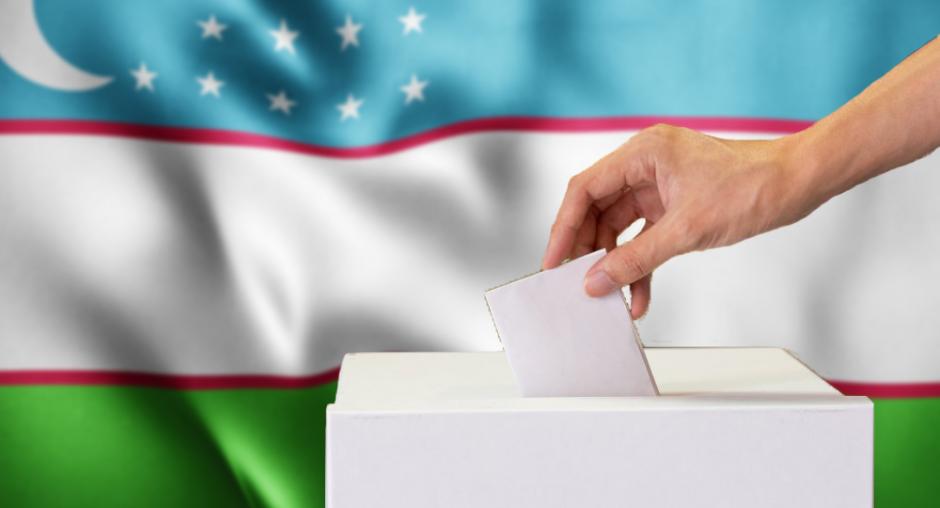
Uzbekistan’s 2021 presidential election has shown that the recent reforms, which have introduced welcome improvements, have yet to result in a genuinely pluralistic environment. Remaining restrictions on fundamental freedoms and the right to stand for election continue to run counter to OSCE commitments. Multiple candidates contested the election, but there was no meaningful engagement between them or with voters, and the lack of distinction between the incumbent’s campaign and official activities blurred the line between state and party.
These are some of the main conclusions after last year's presidential election, as detailed in the final report published today by the OSCE Office for Democratic Institutions and Human Rights (ODIHR). The report offers 24 recommendations to improve the conduct of elections and increase the transparency of and public confidence in the electoral process.
Key recommendations include:
- Reviewing the legal framework on the fundamental freedoms of association, peaceful assembly and expression through a broad, inclusive and timely consultation process;
- Revising legislative and administrative requirements for the registration of political parties;
- Ensuring a clear separation between state and party and establishing effective sanctions against the misuse of administrative resources;
- Repealing criminal sanction for defamation in favour of civil remedies in line with international standards;
- Reviewing candidacy restrictions based on residency, language proficiency, disabilities and affiliation to a political party;
- Limiting additions to the voter list on election day only to those subject to judicial and administrative control, with effective safeguards against multiple voting;
- Refraining from limiting or blocking websites to cases where such limitation is in line with international standards, is based on objective and transparent criteria defined in law, and is content-specific, and making sure the public is duly informed;
- Amending legislation to allow for citizen election observation by independent non-governmental civil society organizations.
Strengthening the independence of the lower-level election commissions through specifying the selection criteria and procedures and providing standardized training for all commissioners.
The ODIHR Election Observation Mission to the 24 October 2021 presidential election in Uzbekistan commenced its work on 15 September and remained in the country until 3 November.
All 57 countries across the OSCE region have formally committed to follow up promptly on ODIHR’s election assessments and recommendations.
